Going to therapy can be extremely helpful and valuable, but it's certainly not always easy. Inspired by other women who revealed their experiences with therapy, the BuzzFeed Community shared what difficult truths they also came to realize.
These are raw accounts of women identifying and acknowledging their personal struggles, and we hope these stories will encourage you to reflect on and seek help for any issues that may be weighing on your heart and mind. Here are some of the most eye-opening stories:
1. "I don't do nice things for others because I'm a 'nice' person; I do it in a self-serving manner to keep myself 'safe.' Growing up, I worked tirelessly doing nice things for my alcoholic mother so she wouldn't hurt me, and now as an adult, I compulsively do nice things for others so that I won't be rejected by them."
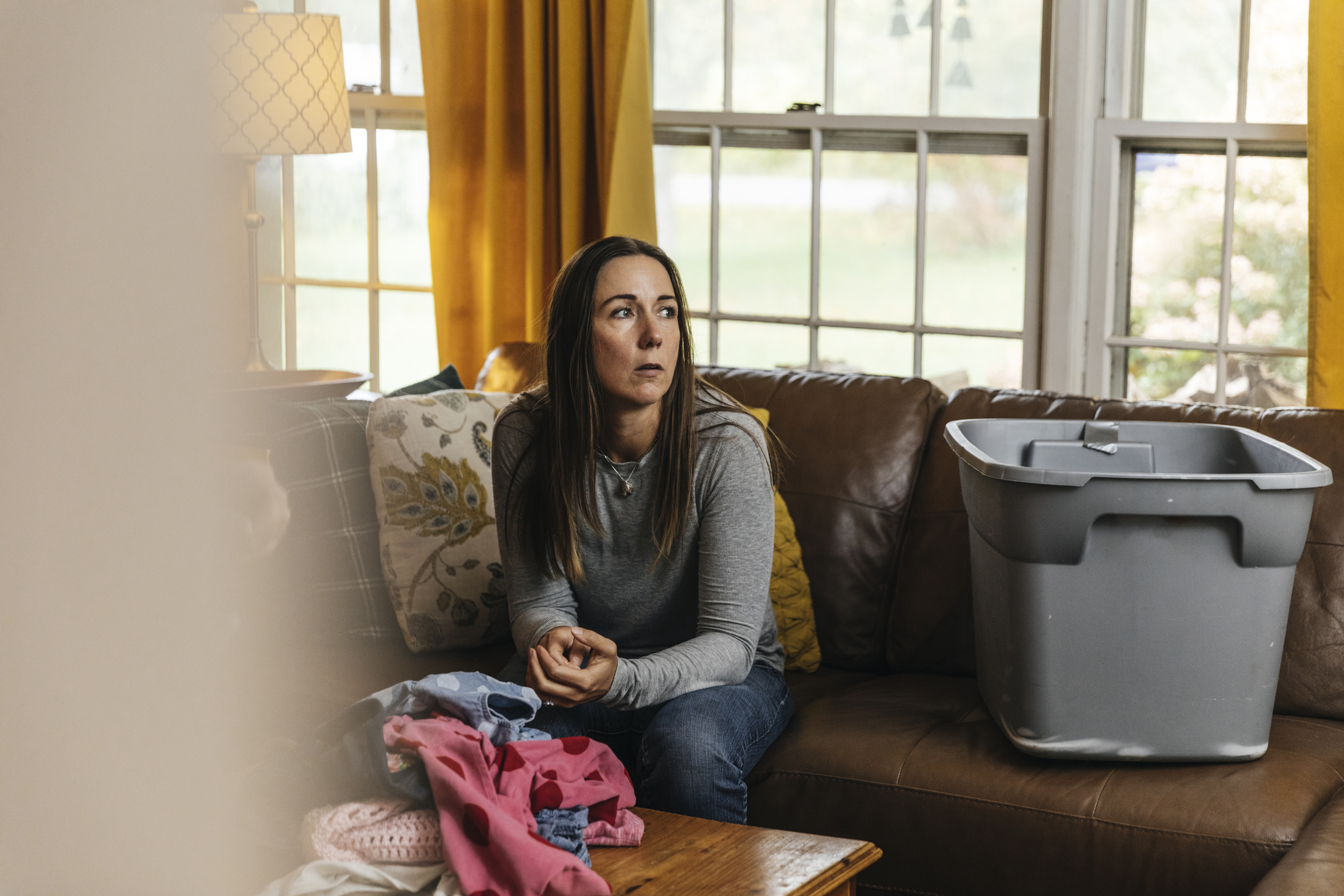
2. "Coming to terms with illness or disability is such a long process. It's a mourning process. You have to mourn for the person you used to be and for the life you thought you'd have. I've been chronically ill for 17 years, and sometimes I still feel this way."
3. "Something I learned in my therapy sessions is that I'm the only one keeping myself from happiness. It's easier to sit and feel sorry for yourself — which I am very guilty of doing — than attempt to do certain things that make you happy. I have started doing things that make me happier, like attending events at my public library, and I've never felt more like myself."

4. "That you're only in charge of your own behavior. You can't take the blame for other people's actions because they make their own choices."
5. "My first 'real' relationship was a grooming situation. I was 19 with someone 25 years older, and of course I thought, No one understands our relationship! This is different from other age-gap relationships. It wasn't. I wasted four to five years of my youth on it. I still get flashbacks that really ick me out and make my heart race, and I'm still working on that in therapy."
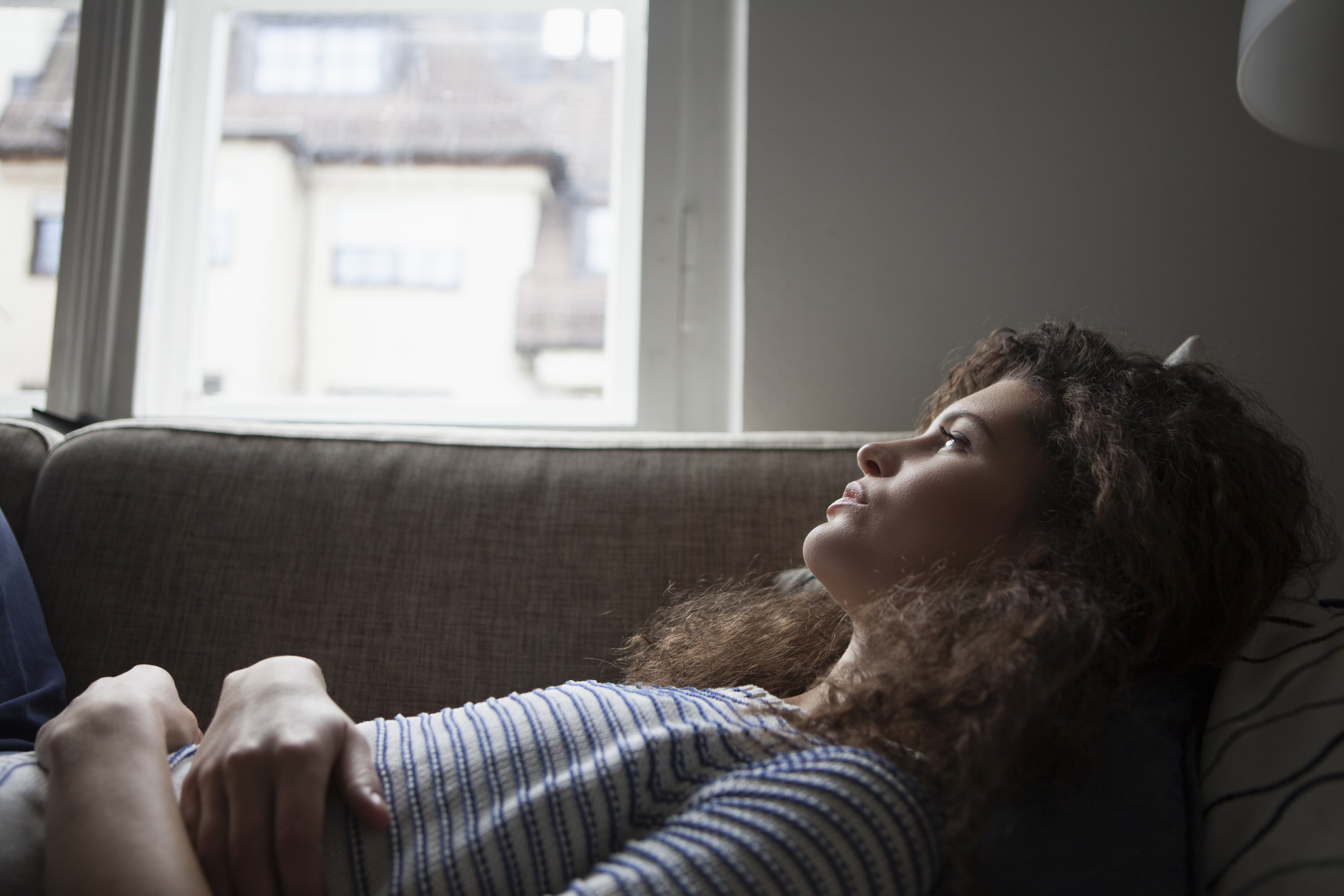
6. "Having a therapist — someone who isn't a friend and has no reason to lie — tell me that the things that happened to me weren't my fault, and there was nothing I could have done as a child to keep it from happening, was life-changing."
7. "The biggest thing I'm learning right now in therapy is that mental neutrality is the best thing to get me out of anxious overthinking. For example, thinking that someone 'doesn't think about me' can easily cause me to spiral and think that they don't care about me. But when I reframe that idea into 'Maybe they don't think about me because they are their own complicated human consumed with their own thoughts and feelings,' it helps not to make it all about me."
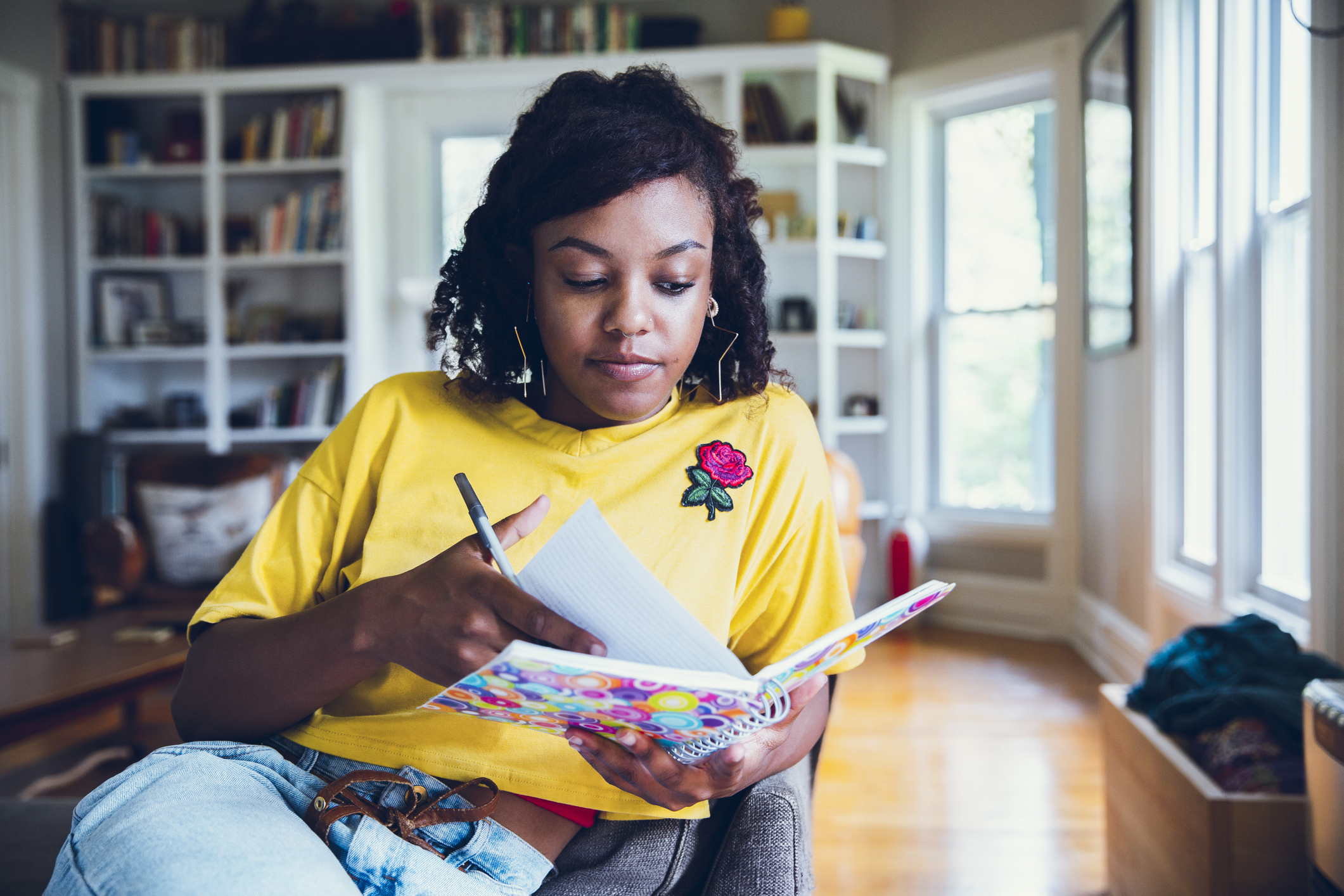
8. "My therapist told me, 'You don't need to save someone to add value to their lives.' When they told me that, I cried. I think more people need to hear that."
9. "That my dad's love for me is conditional. He's so homophobic and racist, and I shouldn't 'feel lucky' that I'm heterosexual and married within my race. Additionally, he's weird and jealous of me in a way a parent never should be. I have and do things he never had or could do, and instead of being happy for me, he comes off as very bitter."
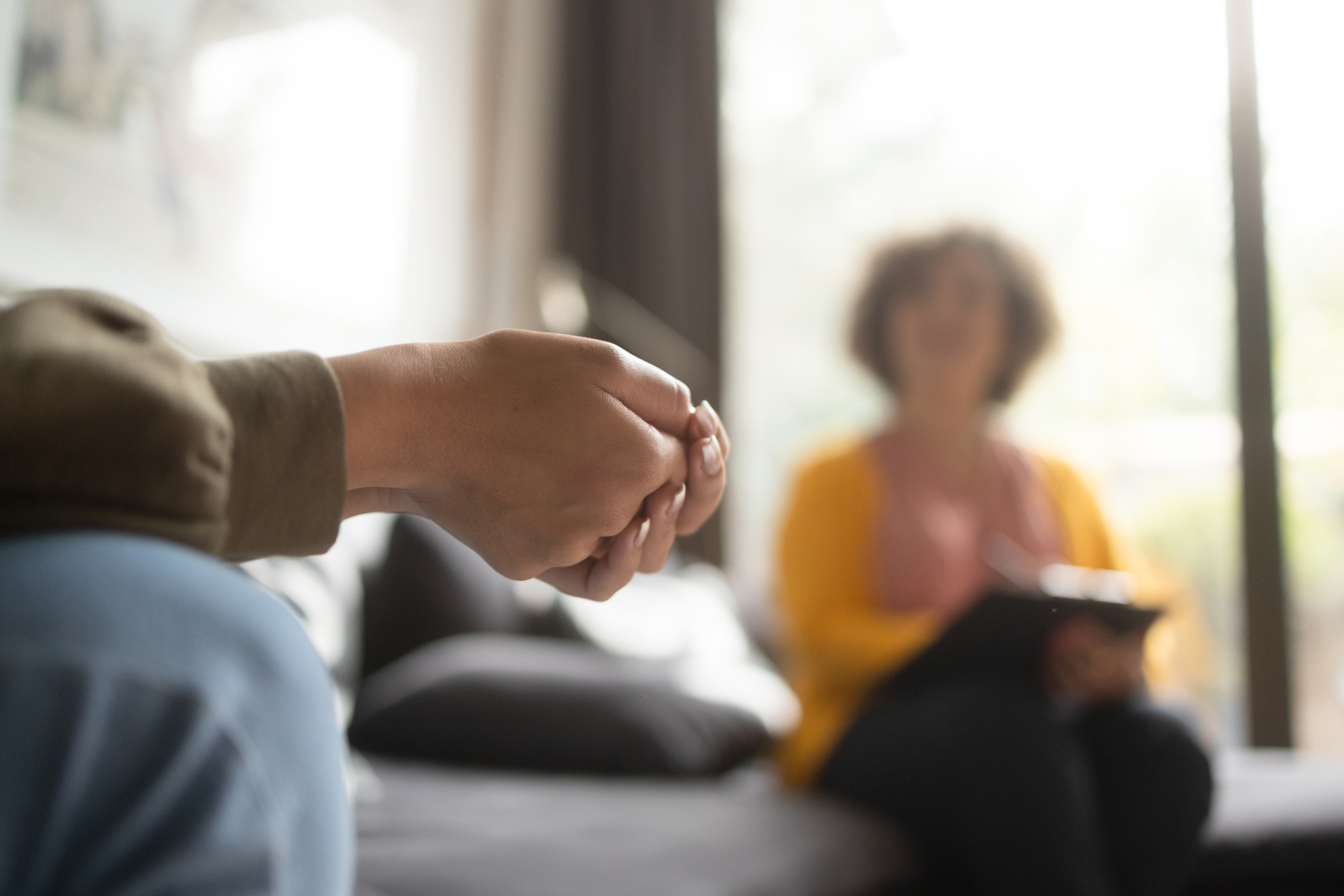
10. "One difficult truth I was faced with was that I was trying so hard to be perfect. I literally became obsessed with needing validation from others around me, and I ended up burning myself out in my 30s and having a mental breakdown. NOTHING was ever enough. I realized I was never truly happy, no matter what I did. What kind of life was that? Just one full of disappointment."
11. "My mother likes me, but she doesn’t love me. She wanted children, but not the responsibility that comes with having them, or the responsibility of supporting them after they’re cute and cuddly."
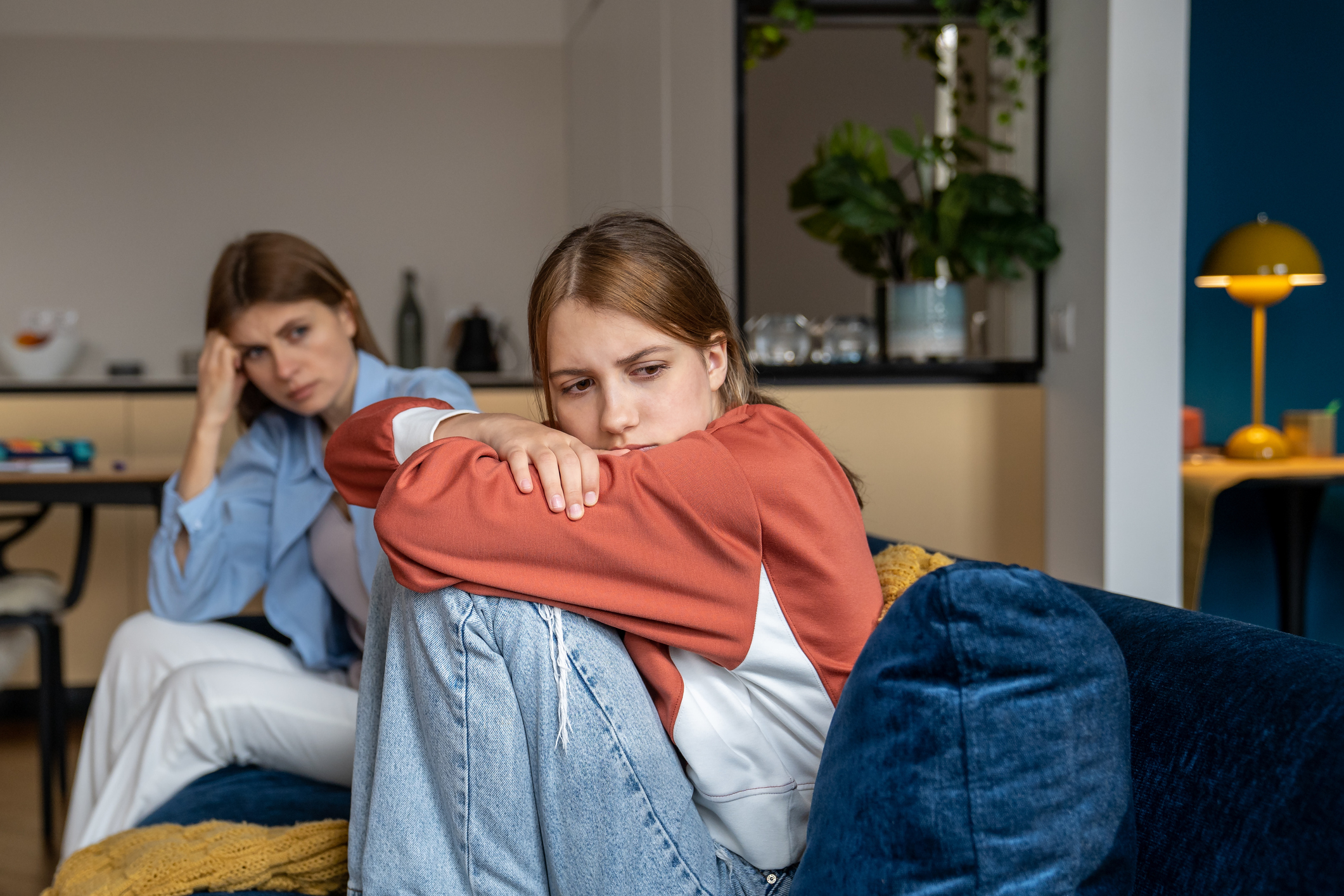
12. "That you can't give up your life for other people, because it will usually end in pain."
13. "My first psychiatric symptoms showed up when I was 6. They backed off for a bit but eventually settled in by the time I was 11. The diagnosis has changed a few times as things developed, especially throughout my early 20s. In the last 24 years, I've had a total of six to nine months —nonconsecutively — where I was more or less symptom-free. I kept trying so many meds because I thought I could be cured and didn't want to hurt every day, but the reality is that it's not going to get better, and I can't be paralyzed with guilt. It's hard enough living with a brain with 'faulty wiring'; I don't need to punish myself every day because I can't do what other people can."
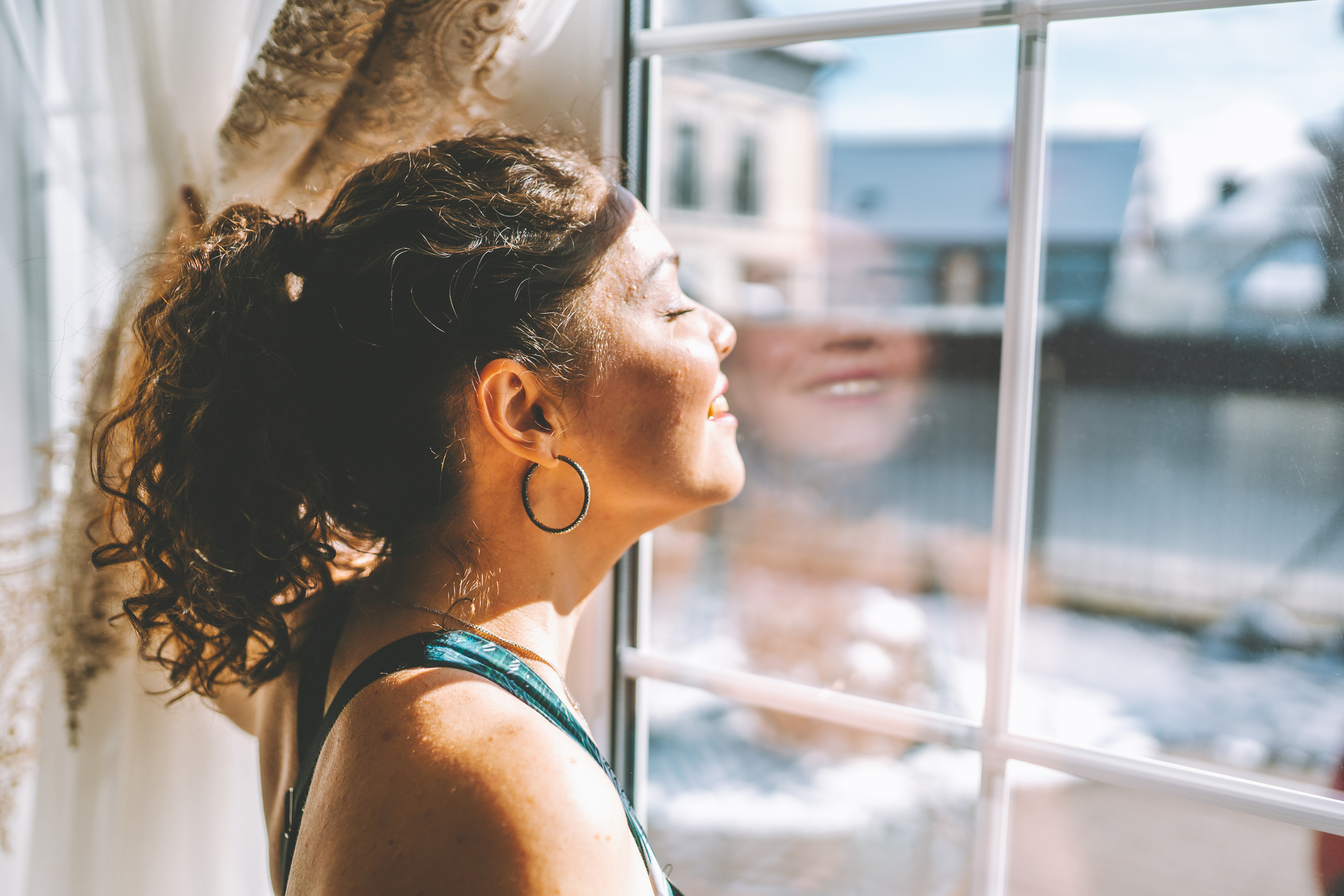
14. "During my first-ever visit with a therapist, I told them how strong my relationship with my mom was. Twenty-five on-and-off years of therapy with different therapists later, my last visit with a therapist was all about how much better my life is now that I have no contact with my covert narcissistic mother and overt narcissistic father. Therapy is all about confronting the things you feel like keeping the door closed on."
15. "I learned in therapy that it is okay to set boundaries with your parents. My mom has told me many, many things over the years that I just didn't need to know (like how she never wanted to marry my dad and tried to leave him after my older sister was born). She treats me like a confidant rather than her child. I loved it when I was younger because it was like, 'Oh, Mom trusts me and is treating me as an equal.' But now I realize that there needs to be boundaries in a child–parent relationship, especially after the child has grown up."
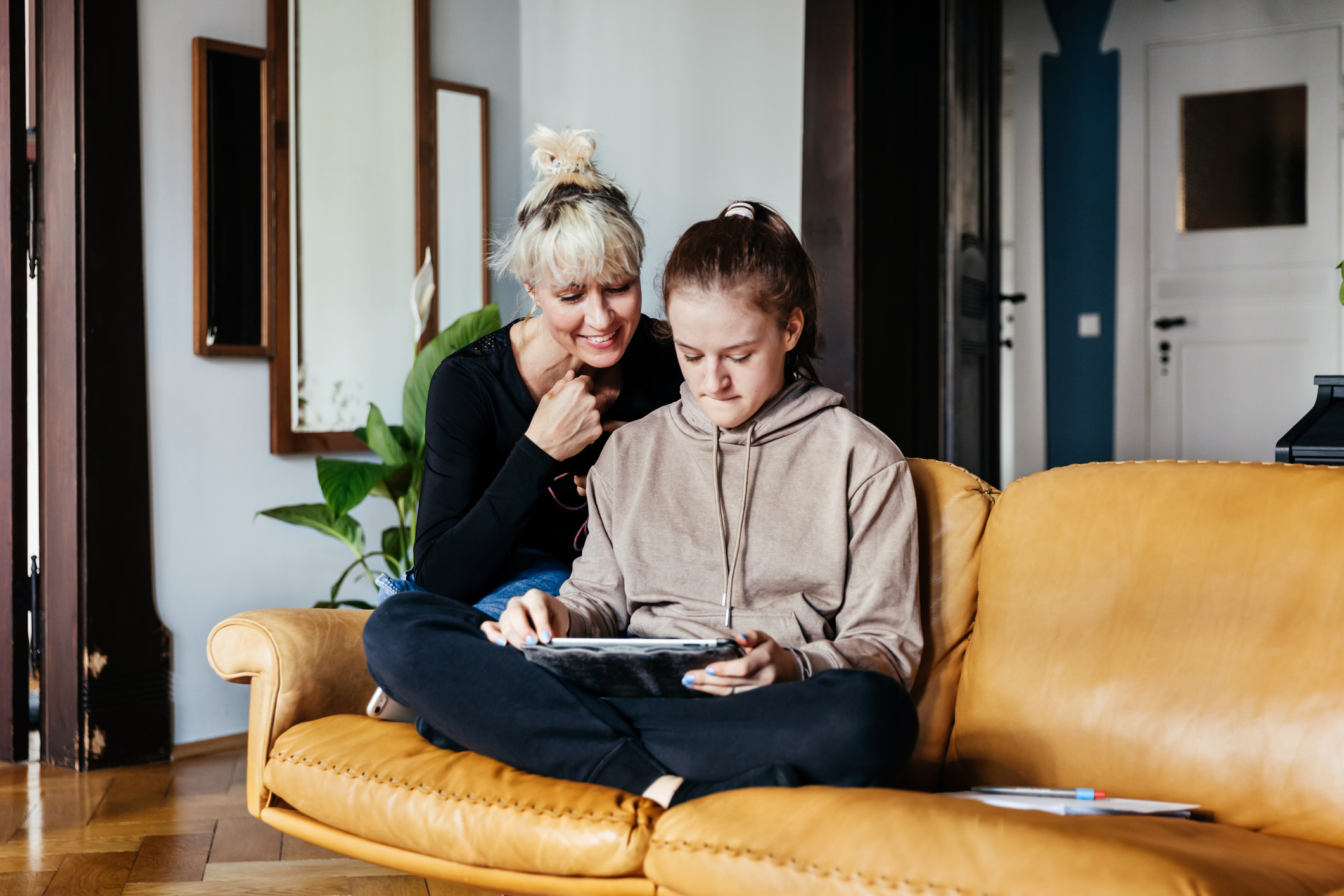
16. "I talk to myself in such a mean, hateful way — a way I'd never dare talk to another living person. I tend to show grace to everyone except myself. I’m my own worst critic, and it’s self-defeating."
17. Last but not least: "Therapy has helped me learn that it's okay not to be okay, and that I also have tools to help me get out of my ruminating thoughts. I've been going to therapy for eight years now, and even though I sometimes relapse into depression, I know it's not bad or wrong. In a way, my PTSD and depression have actually made me more aware of how I treat people. I had no clue that due to my crippling anxiety and triggers, it made people think that I hated them. In reality, I was just scared shitless and didn't understand at the time what a panic attack was. Thanks to my therapist and primary care doctor, my mental health awareness is a lot more clear. Don't get me wrong, it's far from perfect, but it has helped me make my loved ones understand that even though I'm not okay, I'm still here, and I'm still surviving. I'm just trying to figure it all out."

If you've ever been to therapy, what's a hard truth that you had to overcome? Has there ever been a time when you realized something about yourself that you had a hard time accepting or digesting? Let me know in the comments, or you can anonymously submit using this form.
Note: Some submissions have been edited for length and/or clarity.
The National Alliance on Mental Illness helpline is 1-888-950-6264 (NAMI) and provides information and referral services; GoodTherapy.org is an association of mental health professionals from more than 25 countries who support efforts to reduce harm in therapy.
